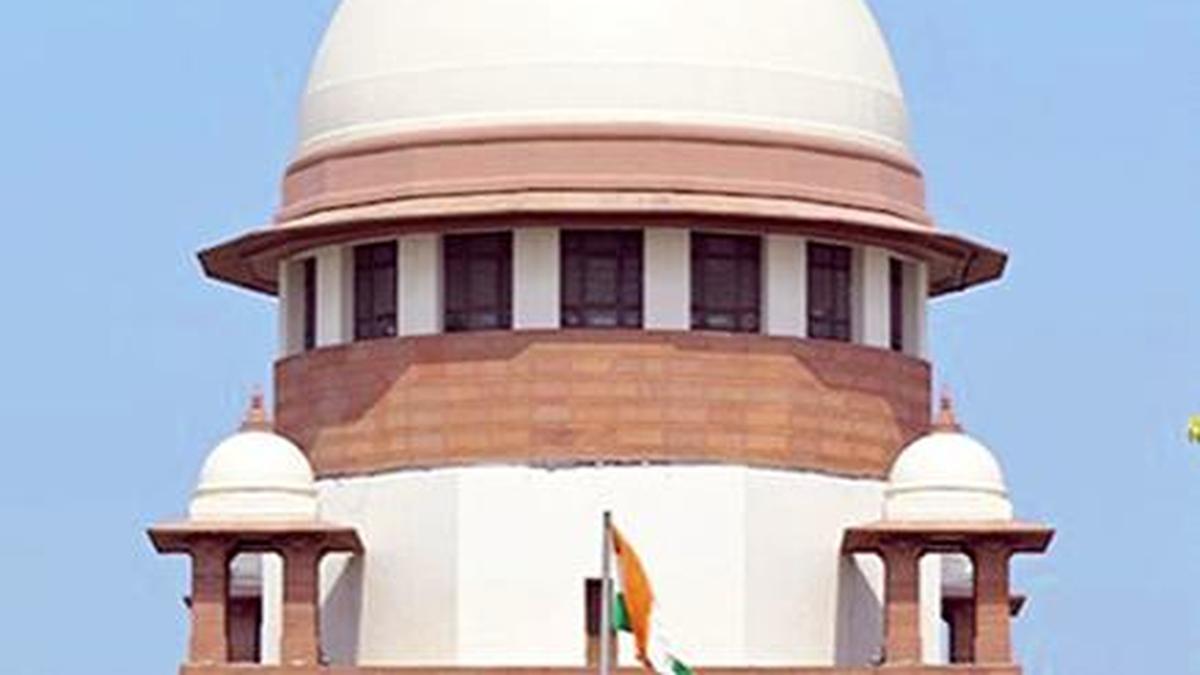 |
|
The Supreme Court of India, in a landmark ruling, has declared that the rules governing the recruitment process for public services cannot be modified once the process has commenced. This judgment, delivered by a five-judge Constitution Bench led by Chief Justice of India D.Y. Chandrachud on November 7, 2024, underscores the importance of maintaining fairness and predictability in the selection of candidates for government positions.
The court, in its unanimous 44-page judgment, emphasized the principle that the eligibility criteria outlined at the beginning of the recruitment process should remain unchanged throughout its duration. The court recognized that altering the rules midstream could create significant disadvantages for candidates who have already invested time and effort in the process, potentially leading to unfair outcomes. However, the court acknowledges that the rules can be modified if they are explicitly permitted by existing regulations or if the initial advertisement, consistent with those regulations, allows for such changes.
The court stressed that the principles of equality and non-discrimination, enshrined in Articles 14 and 16 of the Indian Constitution, are paramount in recruitment processes. Any changes to the eligibility criteria must comply with these fundamental rights and be demonstrably non-arbitrary. The ruling clarifies that while being placed on the select list does not guarantee automatic appointment, the state cannot arbitrarily deny an appointment to a selected candidate. The burden falls on the state to justify any such denial. This establishes a crucial safeguard against arbitrary decisions in the appointment process.
Justice Manoj Misra, who authored the judgment, employed the colloquial phrase 'the rules of the game' to highlight the need for consistency and fairness in the recruitment process. He explained that altering the rules midway, or after the process is complete, is unacceptable. This ruling underscores the need for transparent and predictable processes, ensuring that candidates are not subjected to arbitrary changes that can undermine the integrity of the selection process.
The court further categorized the 'rules' governing recruitment into two broad categories: those defining the eligibility criteria and essential qualifications of candidates, and those outlining the selection process itself. The court emphasized that the recruitment process, from the issuance of the initial advertisement to the filling of vacancies, must adhere to existing rules and procedures. Transparency, non-discrimination, non-arbitrariness, and a clear connection between the selection process and its intended purpose are essential components of a fair and legitimate recruitment process.
The Supreme Court's ruling reinforces the principles of equality and non-discrimination, ensuring fairness and transparency in the recruitment process for public services. The court's clear stance against altering the rules midway through the process provides a much-needed framework for stability and predictability, safeguarding the rights of candidates and promoting a more equitable and accountable system of public service recruitment.
Source: Cannot change rules of the game once recruitment to public services commences: SC
